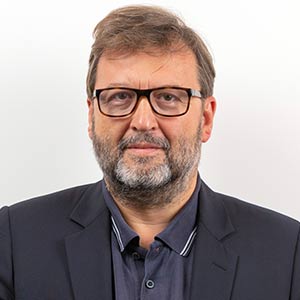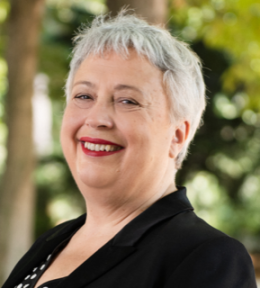Special report : Sustainability, the new normal?- Thomas Bucaille The - Première Vision Paris

Thomas Bucaille “Sustainability is a historic component of our company.”
Thomas Bucaille, Petit Bateau’s HR and CSR Director, shares the brand’s values with Première Vision, and discusses its trailblazing role in achieving a virtuous transformation, as recognized by the stringent ‘B Corp’ certification it has been awarded.
The company has always been deeply committed to CSR issues. Can you outline the main focuses of its policy?
Petit Bateau was founded in 1893 on strong values – quality, sustainability – which continue to inspire us today. But in the 2010s, we realized that this was not necessarily an asset in the eyes of consumers. Our customers were looking for a strong message and we felt the need to reaffirm our philosophy – to express more clearly who we are, and just how we are striving to go further. For example, we’ve always worked with cotton and we committed ourselves very early on to do so in a responsible fashion. We made all of this official with the launch of a CSR platform that reaffirms the value of sustainability, which is both a historic milestone for Petit Bateau and the key to a circular economy.
Are you planning on implementing a second-hand service?
Our clothes have always been passed down from generation to generation. We design them with the idea that they’ll eventually be transmitted, but we wanted to express that idea in a more contemporary way, by offering our customers an opportunity to repair and resell their clothes. Last fall, we tested an in-store take-back system that was very positive, and we are going to do that in a more widespread manner in 2021. The circular economy is an important focus of development for Petit Bateau. We have always given away our unsold stock and recycled our surplus raw materials.
What are the major stages involved in this transformation? And where did you start?
We listened to our customers and worked with experts – in particular the Yves Rocher group, which we are part of – to identify five major areas. Sustainability and the circular economy, which we just mentioned. Teaching children about nature is another one of our priorities, and we are working to further exemplify this commitment. Then there’s materials, where our goal is to arrive at 100% organic cotton and eco-responsible materials by 2025. Eliminating plastic, whether in our clothes hangers, dryer bags, e-commerce packaging… For this in particular, we joined the Paris Good Fashion initiative to examine various recycling possibilities, because we are firmly convinced that you can’t do everything by yourself.
Your company also has a desire for complete transparency. Tell us about that.
Our community knows exactly what we do and how we do it. We are very proud to be a manufacturer. Petit Bateau knits and dyes 45% of its production in its workshops in Troyes and the rest in Marrakech. The manufacturing is equally divided between Troyes and North Africa. We audit all our suppliers, most of whom we’ve been partners with for 20 or 30 years. Our company strives to set an exemplary standard in terms of CSR, as evidenced by our obtaining the “B Corp” certification, attesting to a stringent social and environmental policy, and which requires you to meet multiple criteria in terms of transparency.
Do your policies also address the welfare of your employees?
We are very attentive to the issue of parenthood, and devote particular care to families – for example, flexible working hours when a child requests the presence of his/her parents, and not merely when the child is ill.
We are highly invested in the training of our employees and their career development, and we support around ten employees a year in various retraining processes. We also share and discuss these eco-responsibility issues with our employees, and provide opportunities for employee participation, to give a framework to their initiatives. And there are a lot of them!
It’s also critically important to communicate your commitments to consumers. Can you tell us about your communications strategies?
We’ve always had a special relationship with our clients and we work to strengthen this dialogue through our newsletters. We offer tutorials on our site, basically centered on reusing techniques and, during the lockdown, various ideas to occupy children. It was a way to remind our public of the issues that matter to us.
How do you plan to evolve your policies in the future?
We will continue to develop them, and we have to accept that it will take time. The investments to reduce our water consumption and our carbon footprint need to be thought out over several years. Research into recycled cotton, for example, is yet in its infancy. We also plan to develop a system of on-demand production to further reduce waste. Our commitment to educating children about nature has to expand and become part of a more global mission to protect the planet. We also want to become more involved in regenerative agriculture. All this is on the agenda, and we feel we’re on the right track.
Continue reading our Sustainability special report:

Discover our interview with Sylvie Bénard,a former Director of the Environment for the LVMH Group and President of Paris Good Fashion, who has recently founded La Dame à la Licorne, a consulting firm.
